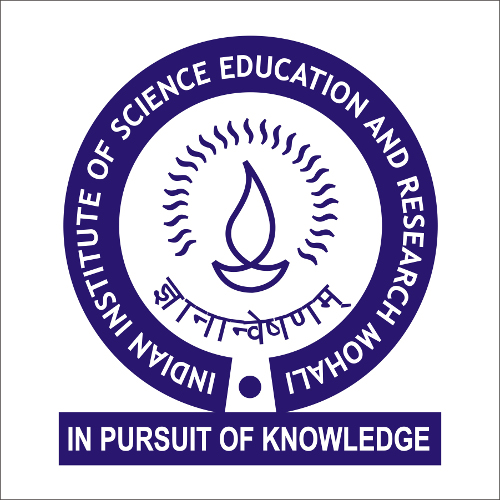Forthcoming Events
Novel role of Endothelial cell protein C receptor (EPCR) and Grb2 associated binder 2 (Gab2) in the bleeding and thrombotic disorders: Implications for Therapy
Dr. Jhansi Lakshmi Magisetty, Postdoctoral Researcher,-University of Texas Health Science Center, USA. Current position:Ramanujan Fellow at ICMR-National Institute of Nutrition, Hyderabad
Location : Online
Abstract: Blood coagulation proteins play a critical role in maintaining the hemostasis. Excessive or unwanted blood coagulation leads to thrombotic disorders (stroke, atherosclerosis and deep vein thrombosis). Deficiency of blood coagulation leads to bleeding disorders such as hemophilia. Endothelial cell protein C receptor (EPCR) plays a key role in the activated protein C (APC)-mediated anticoagulant pathway by promoting the activation of protein C bound to it. Blood clotting factor VIIa (FVIIa), whose primary function is to initiate the coagulation cascade following its binding to procoagulant cofactor tissue factor (TF), also binds anticoagulant receptor, EPCR. Our recent studies showed that EPCR plays a critical role in the bleeding and also modulates the FVIIa therapy in genetic bleeding disorder called hemophilia. Blood coagulation proteins also play a crucial role in the pathology of fibrotic disorders. Interestingly, while investigating the pathophysiology of pleural fibrosis, we found elevated expression of EPCR in pleura and correlates with severity of pleural fibrosis. Dysregulated inflammation is the underlying cause of thrombosis. While investigating the links between inflammation and thrombosis, we found an adaptor protein called Grb2 associated binder 2 (Gab2) plays a critical role in proinflammatory signaling and generation of thrombus. Our subsequent studies showed that Gab2 activates NF-κB via CARMA3-Bcl10-MALT1 signaling and contributes to the thrombus formation in experimental deep vein thrombosis (DVT). Pharmacological inhibition of MALT1 using mepazine attenuates thrombosis in DVT. These prominent investigations advance our current understanding on the pathogenesis of bleeding, fibrotic and thrombotic disorders, and provide novel therapeutic opportunities.
Meeting ID: 964 5125 3960
Passcode: 983763
Meeting ID: 964 5125 3960
Passcode: 983763

